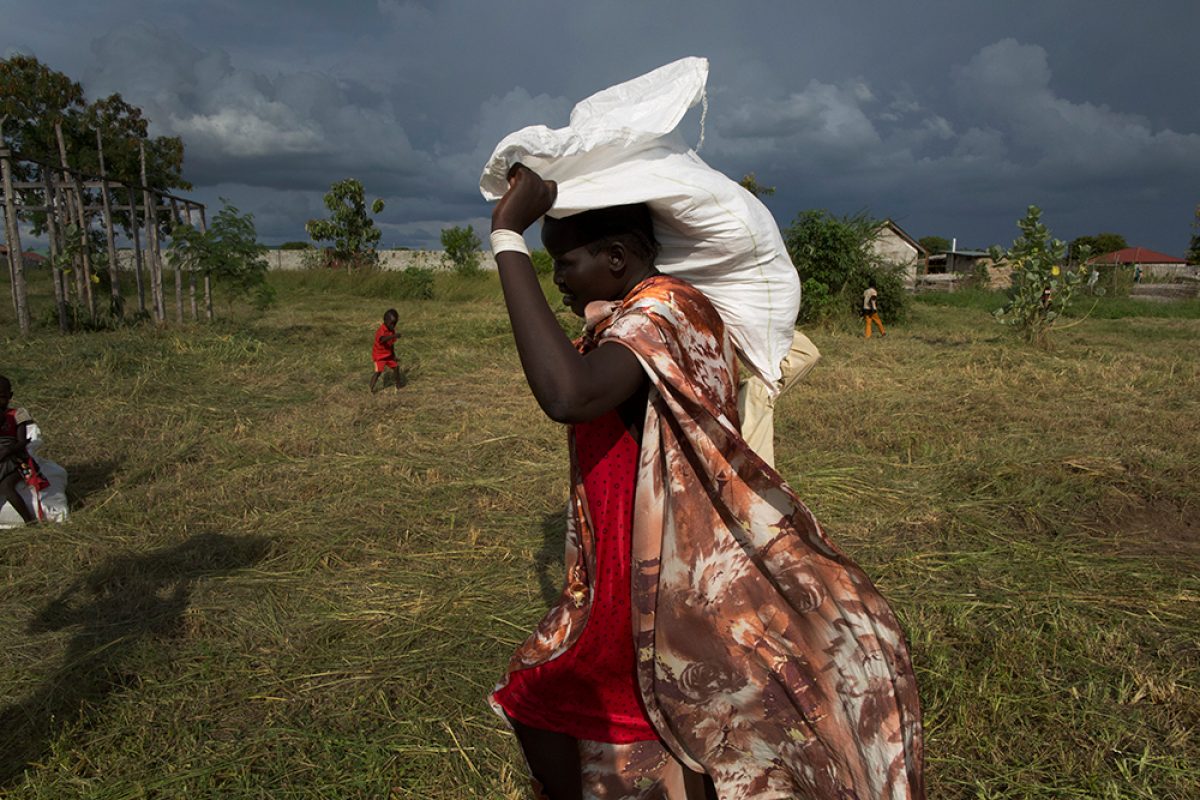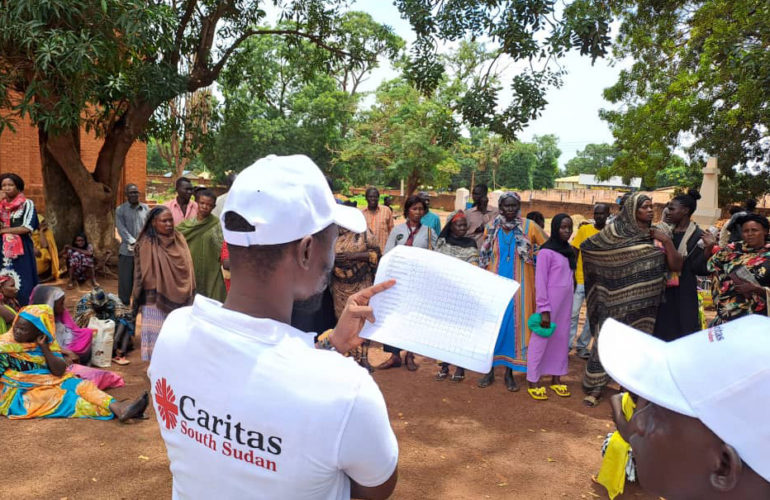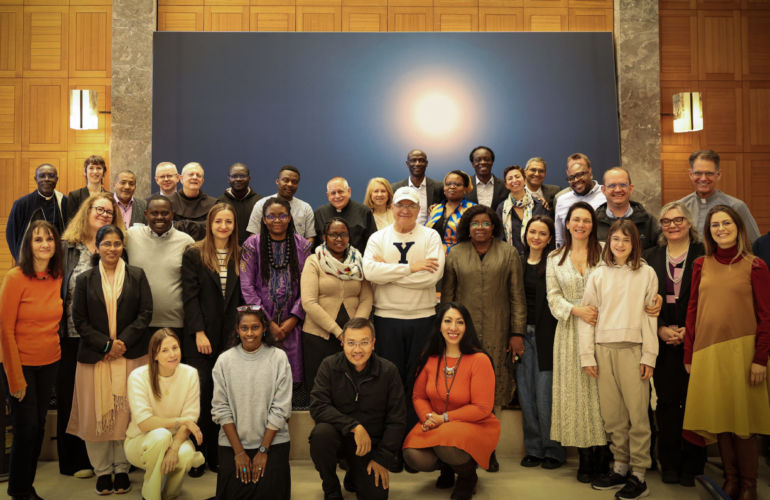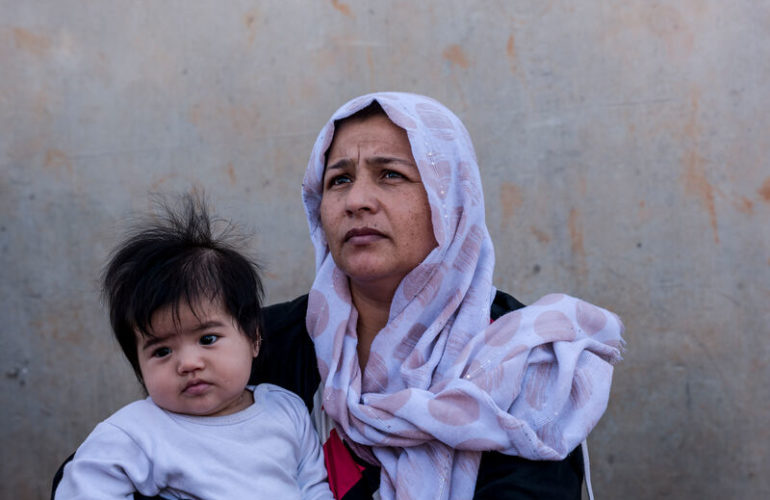Vatican Releases New Pastoral Orientations on Internally Displaced People

Displacement of populations is at an all-time high worldwide. Among those forcibly displaced by conflict or by disasters are people who, without crossing international borders, become internally displaced. The Vatican has released a resource providing an overview of the problem and proposals to address these people’s vulnerabilities.
The new Pastoral Orientations on Internally Displaced People (or IDPs) are meant to guide the Church’s ministry with people who are forcibly displaced within their own home country because of war, conflict, absence of the rule of law, persecution, or other threats on their lives and wellbeing.
These Orientations offer suggestions for planning actions, practical engagement, education and advocacy. Their goal is to help respond to the plight of IDPs, prevent internal displacement, and raise awareness about the suffering and uncertainty to which such persons are subjected.
The Pastoral Orientations were published by the Migrants & Refugees Section of the Vatican’s Dicastery for Promoting Integral Human Development. They were developed in consultation with Church leaders, practitioners and scholars working in the field of internal displacement, including Msgr. Robert J. Vitillo, Secretary General of the International Catholic Migration Commission (ICMC).
According to the latest report of the Internal Displacement Monitoring Centre, there are currently 45.7 million internally displaced people. In 2019, there were 33.4 million new displacements, the vast majority of which (24.9 million) were caused by disasters, especially weather-related ones such as cyclones, hurricanes and floods.
IDPs constitute the majority of those forcibly displaced. In 2018, out of 70.8 million people forcibly displaced, IDPs were 41.3 million. IDPs are often less visible than refugees and asylum-seekers. The fact that they do not cross international borders and that their protection is still within the legal responsibility of their home countries’ authorities are factors that contribute to make their situations even more complex and challenging than that of refugees.
The Pastoral Orientations are grouped along the four actions proposed by Pope Francis as a “road map” to address international migration: welcome, protect, promote and integrate. Each section highlights existing challenges as well as actions that the Catholic Church can, or already has put in place, in its response at global, regional, national, and local levels.
The invisibility of IDPs, and the lack of an international legal instrument to provide for their protection, are aspects addressed in the sections ‘Welcome’ and ‘Protect’.
‘Promote’ deals with the promotion of the socioeconomic inclusion of IDPs. To achieve a vision of integral human development, the Pastoral Orientations pay special attention to their spiritual along with their material well-being for their effective empowerment.
‘Integrate’ deals with the challenge of durable solutions, which could be either the integration of IDPs in their new communities or their voluntary return to their home communities, when that is safe. The Pastoral Orientations highlight the importance of cooperation among all actors, including religious, governmental, and civil society organizations.
“We welcome wholeheartedly the publication of the Pastoral Orientations on Internally Displaced People,” said Msgr. Robert J. Vitillo, ICMC Secretary General. “As an organization with a long history of serving forced migrants, including internally displaced persons, this new resource will accompany and guide us as we move forward and continue our work to welcome, protect, promote and integrate these brothers and sisters.”
The Pastoral Orientations were approved by Pope Francis, who decided to dedicate the upcoming World Day of Migrants and Refugees to the pastoral care of IDPs, under the theme of “Forced like Jesus Christ to flee”.
- Download the Pastoral Orientations on Internally Displaced People in multiple languages


